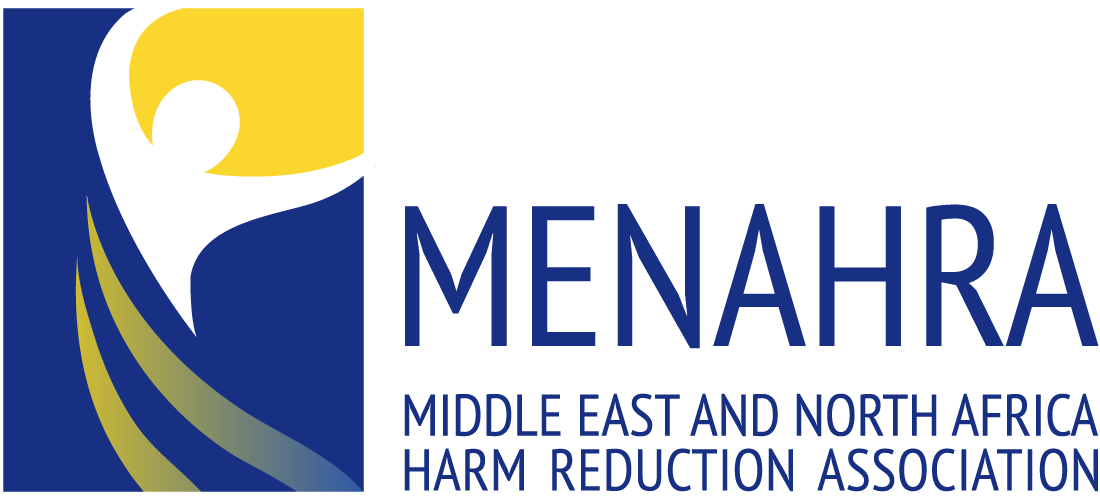The COVID-19 pandemic has highlighted a number of issues in countries affected by various disasters, including the HIV epidemic, drug addiction difficulties, food insecurity, and weakened governance on emergency readiness and response. In order to effectively address these issues, it is necessary to incorporate HIV and drug use interventions into the broader disaster response.
The Middle East and North Africa Harm Reduction Association (MENAHRA) has conducted situation assessments for Egypt, Jordan, Lebanon, Morocco, Tunisia, and Yemen to understand the context of these countries and provide recommendations to support the needs of people living with HIV (PLHIV) and people who use drugs (PWUD) during emergency responses. Based on these assessments, MENAHRA has developed emergency preparedness plans (EPPs) to help governments, NGOs, Civil society organizations (CSOs), and UN agencies deliver the minimum required multi-sectoral response to address the needs of PLWH and PWUD during different phases of emergencies.
CSOs play a crucial role in the implementation of these emergency preparedness plans. They provide critical information, support, and services to vulnerable communities, and are often the first responders during a crisis. CSOs are also able to reach and serve marginalized communities that may be overlooked by government-led efforts. They can also act as intermediaries between government and local communities, providing feedback on the effectiveness of emergency response efforts and highlighting areas for improvement.
The EPPs focus on early preparedness measures, which should be integrated into existing plans and utilize local resources to minimize the adverse effects of a disaster and ensure timely, appropriate, and sufficient delivery of the emergency response. Emergency preparedness also focuses on strengthening resilience, especially in vulnerable households and communities, and building up local capacity to address the crisis. By incorporating HIV and drug use interventions into the broader disaster response, we can better protect the health and well-being of populations affected by pandemics and other health emergencies like the current COVID-19 outbreak. With the active involvement of CSOs, the emergency preparedness plans can have the greatest impact on the most vulnerable communities.
